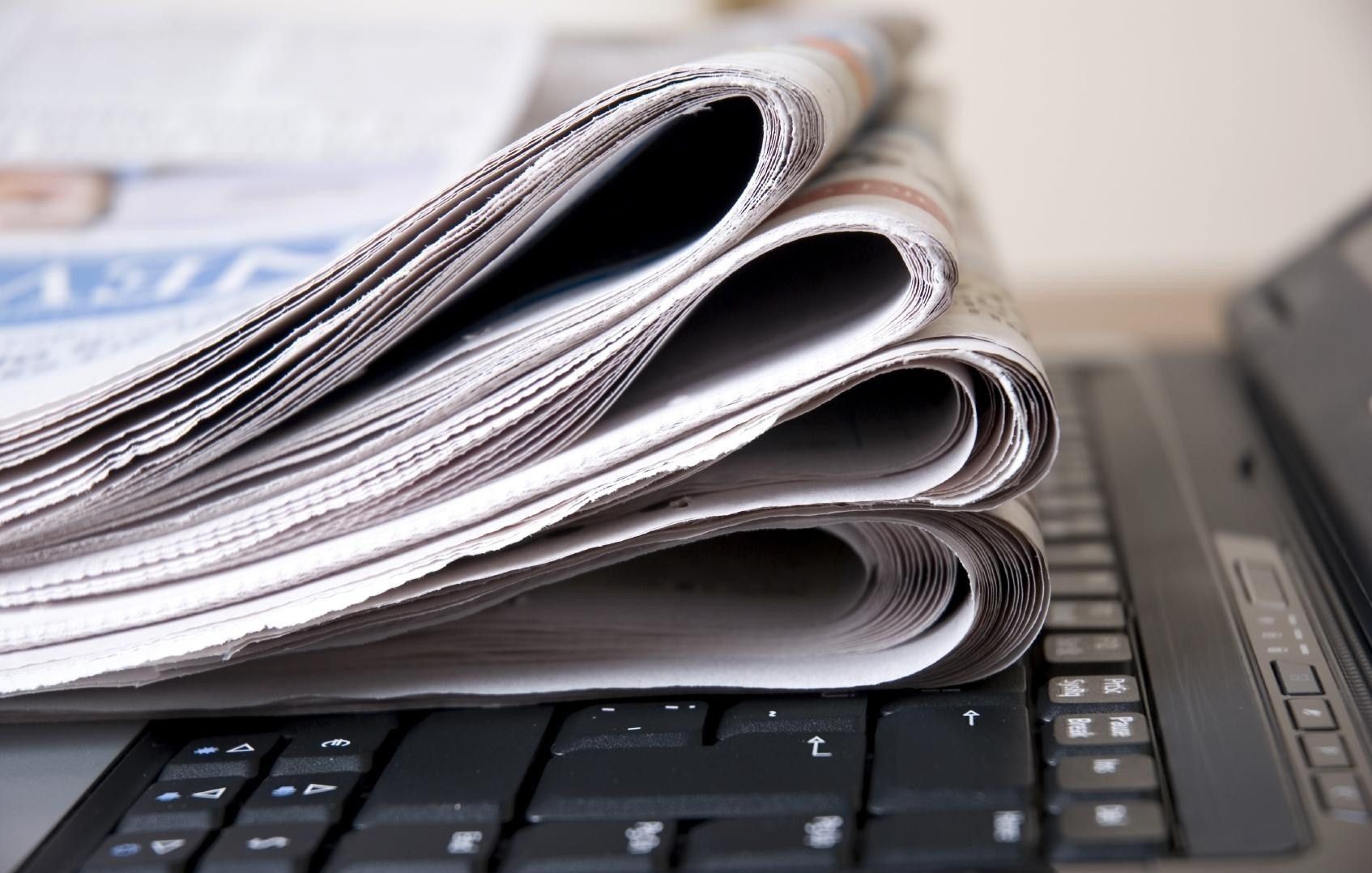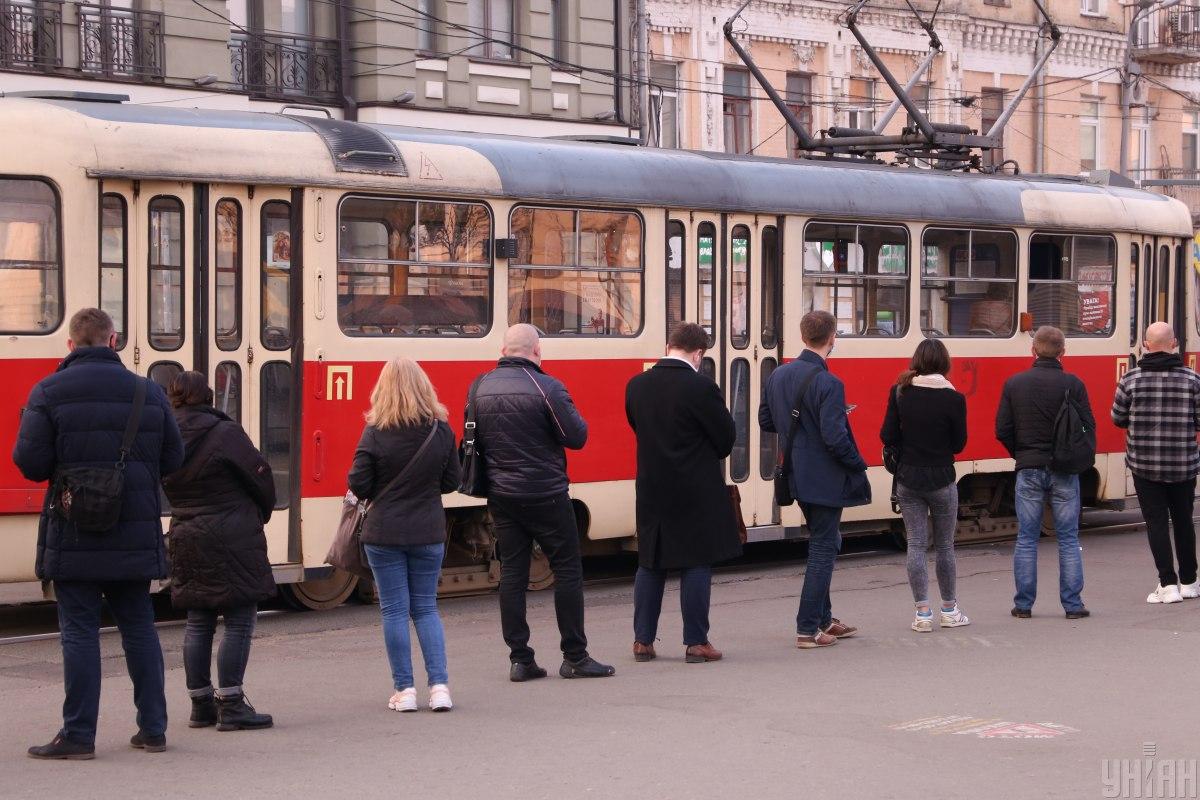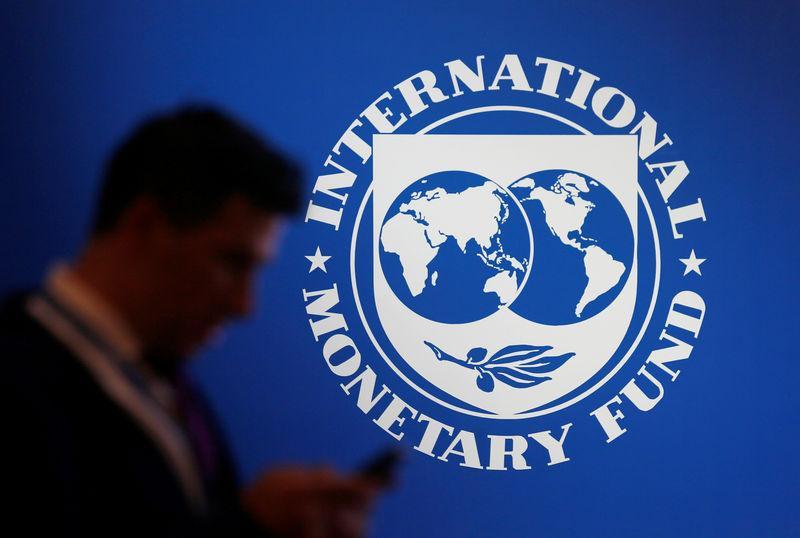
Week's balance: Zelensky vows affordable lending, massive road repairs, while Cabinet allows partial relaunch of public transport
President Volodymyr Zelensky at a press conference on his first year in office promised Ukrainians affordable lending, a record mileage of repaired roads, as well as pension reform, while the government partially resumed public transport services, and the IMF approved a new $5 billion cooperation program - these are the latest economic developments in Ukraine over the outgoing week.
Volodymyr Zelensky's big presser was at the center of attention this week. Speaking of his first year in office, Zelensky noted his main achievements and future priorities. He promised the Ukrainians to restore all state motorways across country – that's some 25,000 km in total – before the end of his cadence. For 20200, he announced a nine-fold increase in the mileage of repair and construction works year-on-year. Also, the president promised to launch a program for the construction and repair of bridges.
Zelensky didn't pass by the topic of lending, which is no less painful for Ukrainians, promising that soon, mortgage lending would be available at 10 percent. Banks will be more willing to provide loans to citizens, which is especially important in the light of falling incomes amid the economic crisis caused by the coronavirus pandemic.

"At a technical level, we will ultimately succeed in putting pressure on the banking system of Ukraine, despite the fact that it is very independent in our country […] banks will not be just way too picky in issuing loans to the population. That's because the population needs help, especially now, when there's crisis, not in Ukraine, but worldwide. This is a global crisis, but we will think about our country and our citizens," the president emphasized.
Also, Zelensky promised that in the near future Minister of Social Policy Maryna Lazebna would present a vision of a new pension reform. Meanwhile, after the introduction of the "80 Plus" program since April, when each pensioner over 80 is paid UAH 500 per month, a similar program will be developed to support citizens over 75.
Also at a meeting with reporters, the president said that another attempt to launch major privatization in Ukraine will start once the COVID-19 pandemic is over, and that in the coming months the government will introduce a program to increase the minimum wage.
Relaunch of public transport

Last week, the Cabinet made another decision to further ease quarantine measures: from May 22 to June 22, the country will see a so-called "adaptive quarantine". Meanwhile, the number of COVID-19 cases has already exceeded 20,000 across country. Only a third of that number recovered.
The Ministry of Health notes that only 13 regions are ready for Phase 2 of quarantine relaxation, while 11 regions, as well as the capital city of Kyiv, fail to meet the necessary statistical requirements.
From May 22, the following opportunities will open up in areas with a favorable epidemiological situation: holding sporting events with no more than 50 participants without spectators, holding religious events with no more than one person per 10 sqm of the indoor area, and reopening hotels. Kindergartens are allowed to open from May 25, while in Kyiv they will resume work from June 1.
And most importantly, the Cabinet approved a schedule for relaunching ground public transport. The government promises to return to the issue of resuming regular flights by June 15.
Infrastructure Minister Vladyslav Kryklii noted that regular and irregular urban, suburban, regional and international passenger transport by road is resumed from May 22. Also, from May 25, the government promises to allow the reopening of subway, and from June 1 – urban, regional, long-distance domestic and interregional rail passenger services.
Kryklii emphasized mandatory requirements for transport: face masks, temperature screening, and constant disinfection of vehicles.
"In the case where a destination is a region where anti-epidemic measures haven't been weakened, transportation is allowed with a 50% load, with empty seats provided around all seated passengers," the minister said. He also promised that rail and bus prices would not rise in post-quarantine period.
New IMF program

The outgoing week brought Ukraine closer to receiving financial support from the country's key creditors – the International Monetary Fund and the European Union, which will come in handy in the conditions of the economy struggling amid the coronavirus pandemic.
On Thursday, the International Monetary Fund announced an agreement reached with the Ukrainian authorities on a new 18-month stand-by instrument in the amount of $5 billion. This support will help the country cope with the effects of the pandemic in the economy and health sector.
The agreement is subject to approval by the Fund's management and Executive Board in the coming weeks.
In addition, the Council of the European Union supported the proposal of the European Commission to allocate EUR 1.2 billion in macro-financial assistance to Ukraine to overcome the economic consequences of the pandemic. Now the European Commission is set to sign a memorandum on the allocation of funds with the Government of Ukraine. Financial resources will be available within twelve months from the date of approval, while payments will be made in two tranches. The maximum average loan maturity is 15 years.
Financial assistance is quite timely as Ukraine is going through a difficult crisis period provoked by the novel virus-related lockdown – pretty much like the rest of the world.
The State Statistics Service says the year-on-year decline in Ukraine's industrial output in April accelerated to 16.2% after falling by 7.7% in March. Taking into account the calendar-day adjustment, industrial output plunged 16.7%. The largest drop was recorded in the processing industry (20.3%). In the mining industry, the decline stood at 11.2%, while that in the supply of electricity, gas, steam, and air conditioning – at 7.2%.
In terms of major industrial groups, the largest drop was recorded for durable consumer goods and investment goods – at 40.4% and 34.3%, respectively. For intermediate consumption goods, production fell by 22.1%.
In the last week of spring, Ukrainians will be learning to live in conditions of the adaptive quarantine. The further pace of return to normal life and the chances of a speedy recovery of the country's economy will depend on how responsibly citizens behave in the first weeks of relaxation.
Anna Bredikhina

